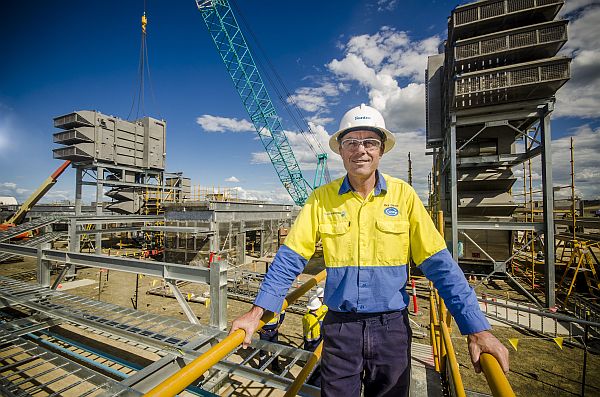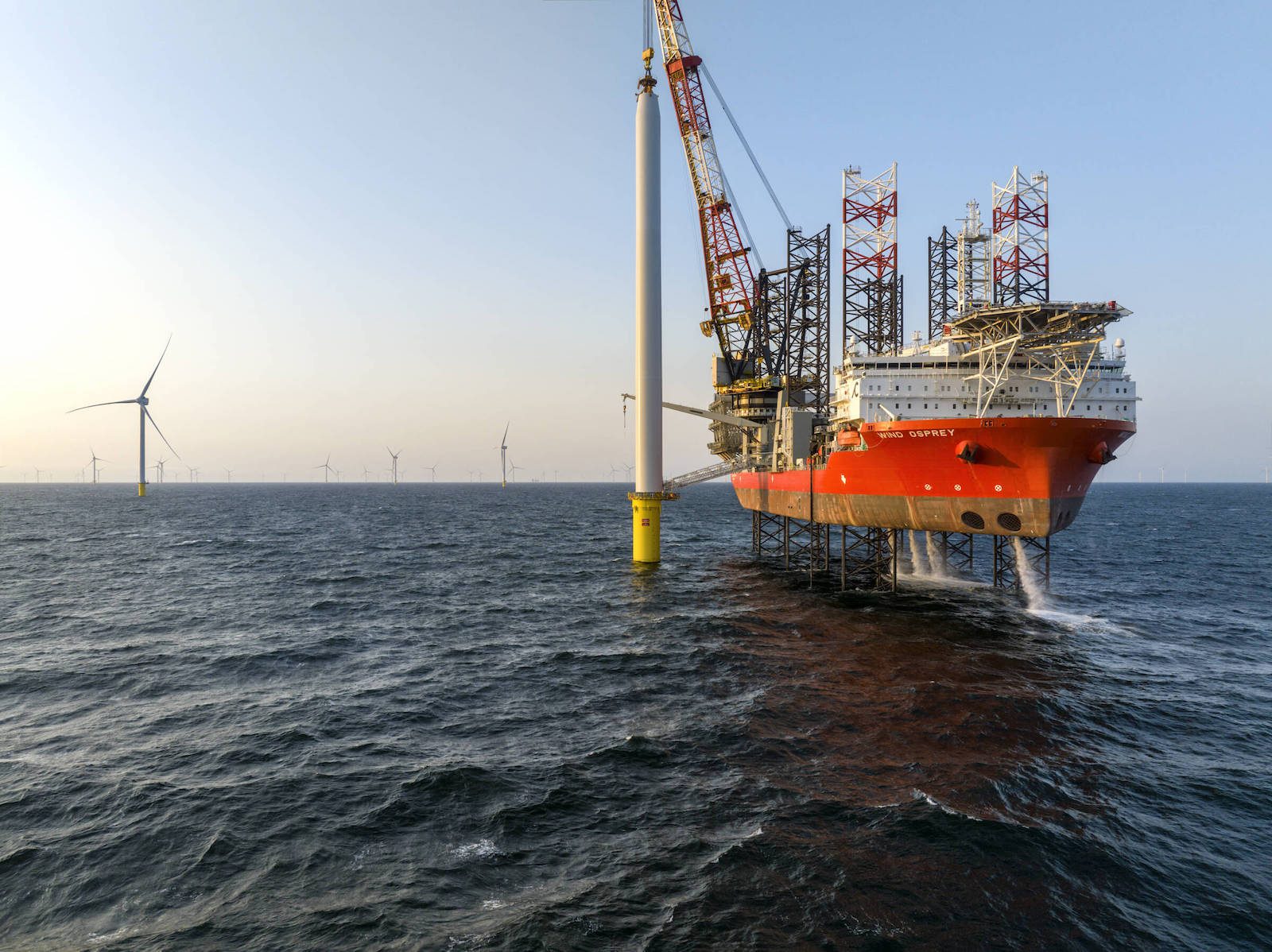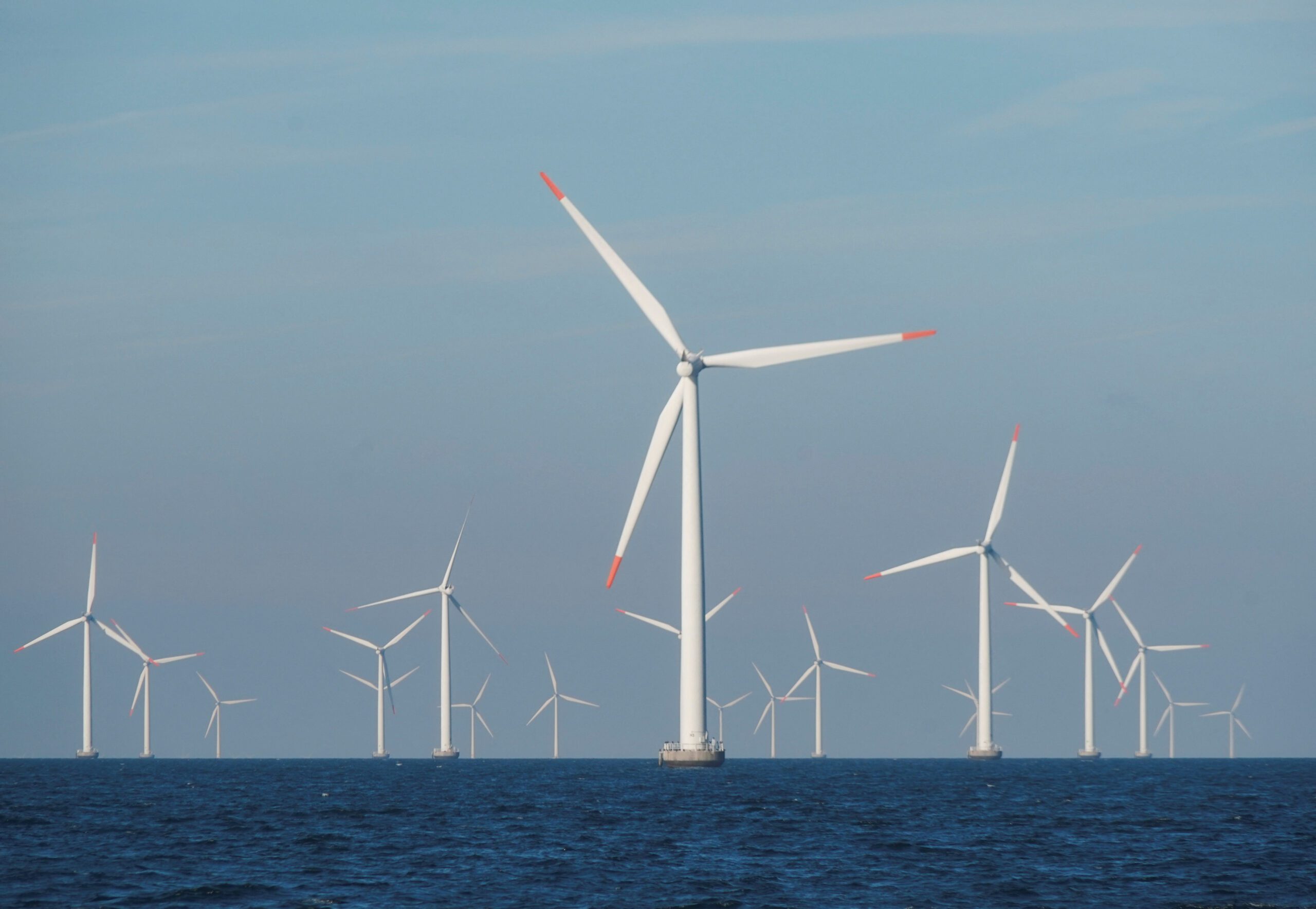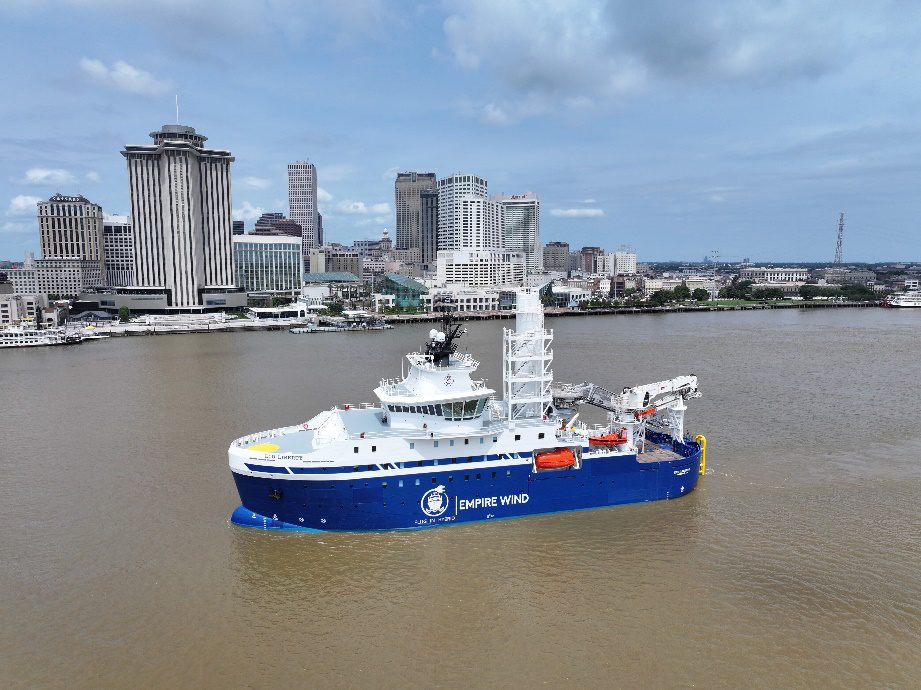By James Paton
April 7 (Bloomberg) — The Australian government should act to rein in rising labor costs that threaten a potential A$180 billion ($167 billion) expansion of the nation’s liquefied natural gas industry, a lobbying group said.
Cooks at offshore projects earning more than A$350,000 a year and laundry hands getting more than A$325,000 annually are among examples of Australia’s high wages, according to the Australian Petroleum Production & Exploration Association. Some barge welders earn almost A$400,000, the group said.
Chevron Corp. and BG Group Plc are among energy companies that have been hit by cost overruns at their Australian LNG projects. Australia has about A$200 billion in LNG ventures under construction, putting the country on course to surpass Qatar as the world’s biggest supplier of the fuel. Another A$180 billion of potential investment is under threat due to high costs and increasing competition, according to APPEA.
“Our ability to capture that second wave of LNG investment is at serious risk,” APPEA Chief Executive Officer David Byers told reporters yesterday in Perth before the group’s annual conference. “If we are able to remain globally competitive and attract the capital needed to develop those projects, we have to reduce the cost of doing business.”
The Maritime Union of Australia, which represents more than 14,000 workers, said wages aren’t to blame for cost blowouts, and that pay increases haven’t kept pace with industry revenue growth. LNG projects should have introduced better training programs to ensure that skilled workers were available at the right times, said Paddy Crumlin, the MUA’s national secretary.
‘Poor Management’
“The main reason for the overruns is poor management,” Crumlin said yesterday in a phone interview, adding that some of the wage figures cited have been exaggerated.
Australia’s oil and gas industry is urging the government to apply new labor policies to mega-projects, including multi- billion dollar LNG plants. The industry wants the government to prevent labor contracts from being renegotiated every four years and seeks bigger fines for illegal industrial action, as well as other measures, the group said. Recent contracts also shouldn’t automatically become benchmarks for the next projects, according to the organization.
A spokesman for the Minister for Employment Eric Abetz declined to comment.
Some barge welders, tradespeople, cooks and laundry hands have seen wages increase 44 percent to 49 percent over the last six years, APPEA said. The annual compensation figures include retirement fund contributions, according to its presentation.
Copyright 2014 Bloomberg.

 Join The Club
Join The Club











